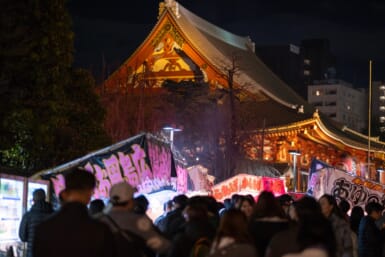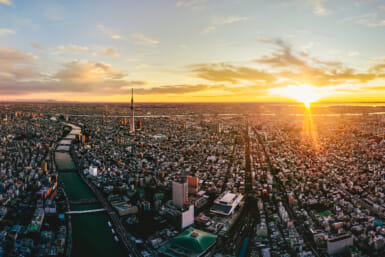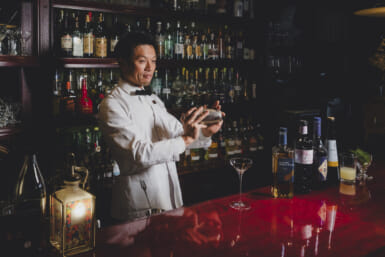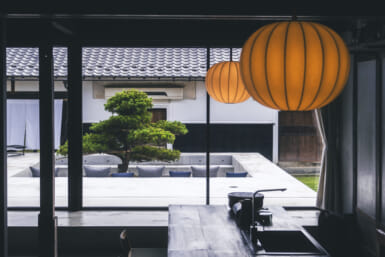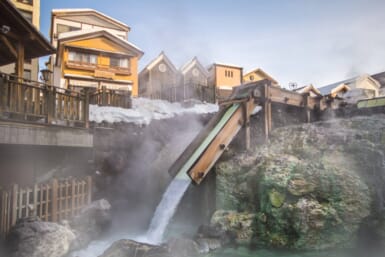“I’m sure I could spend the rest of my life there, learn the language and still die happily ignorant,” said the late Anthony Bourdain about our favorite city of Tokyo. It is a sentiment shared by many of us foreigners living in the city – no matter how hard we’ve worked to sharpen our Japanese skills.
For first time arrivals – there’s culture shock and then there’s just plain shock. Tokyo life can hit you on the head like a cartoon piano. In the spirit of making the next generation of expats’ move to Tokyo a little smoother, here are five skills you will need to make your Tokyo experience less traumatic and more exciting.
1. Master One-Pot Cooking
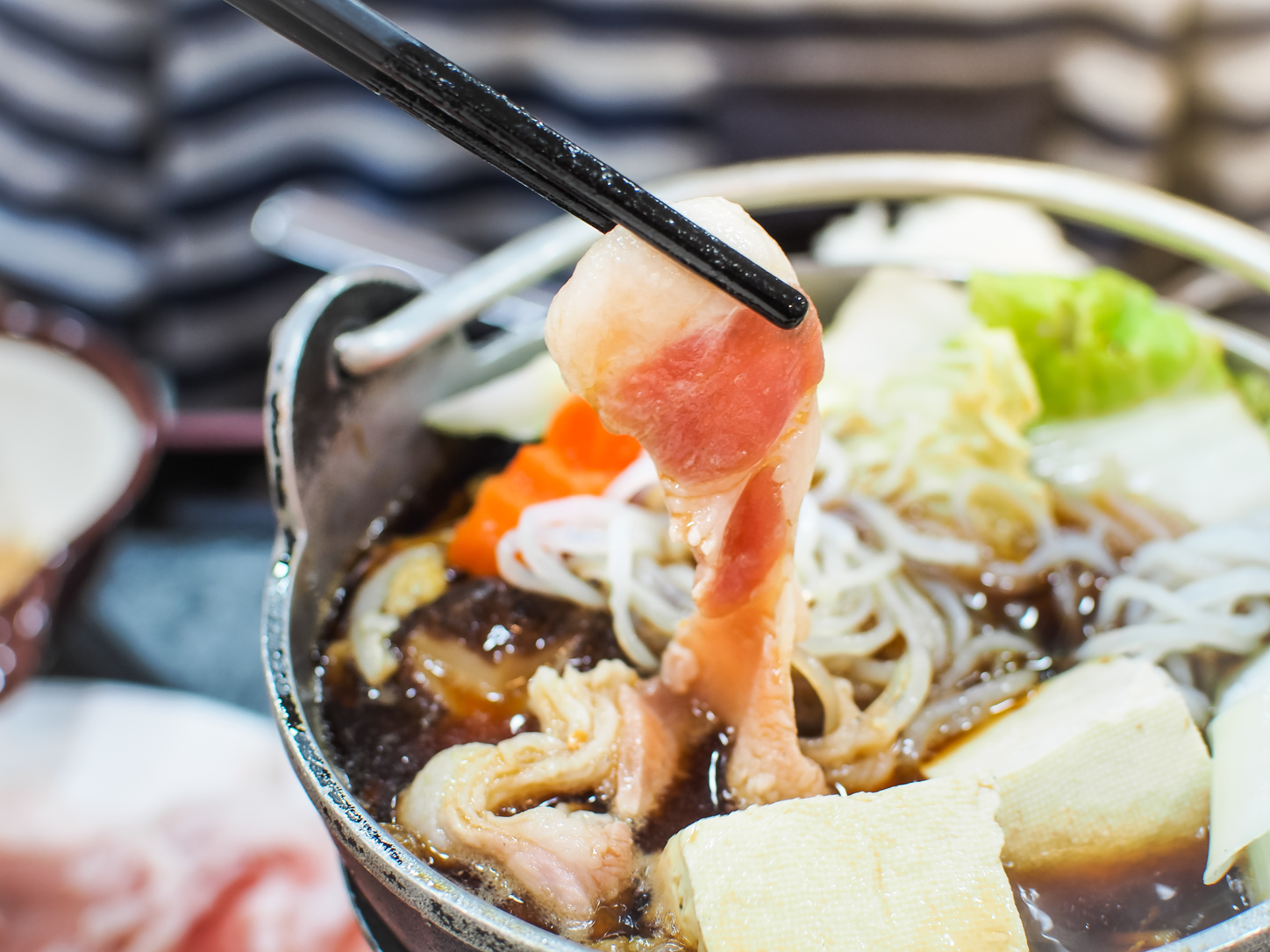
Chances are you’re a lucky renter of one of the city’s many tiny 1LDK apartments. Along with limited storage space and a bathroom so tight that your knees touch the door, you probably also have an impossibly compact kitchen constituted by a single induction top, a sink that barely fits a 26cm frying pan (tested by yours truly), a fridge that can stock less than three days worth of food and a shallow cupboard tucked under the sink that is there for decoration only. You’ll find yourself missing your mother’s stovetop and bottomless freezer.
Make the most out of your miniature Japanese kitchen by embracing one-pot cooking. While a lot of recipes take for granted that you have a fully equipped kitchen, there are those dishes whose origins come from their very nature of being cooked all in one place. For the Italian cuisine lovers, there is cucina povera, or cooking of the poor. These types of recipes usually involve throwing whatever you have over the single source of heat. Pasta and chickpeas are a must for these dishes and are relatively versatile and inexpensive, which gives you a lot of leeway into what you can cook. If you’re ready to try Japanese cooking, there is nabe (Japanese hot mot), which actually can be just as versatile. Soak seasonal vegetables and a few pieces of meat in boiling water until it’s ready to bring to your table. For extra holiness, find a nabe pot you love so that it doubles as a beautiful piece of tableware too.
2. Get in Tune With Japan’s Four Seasons
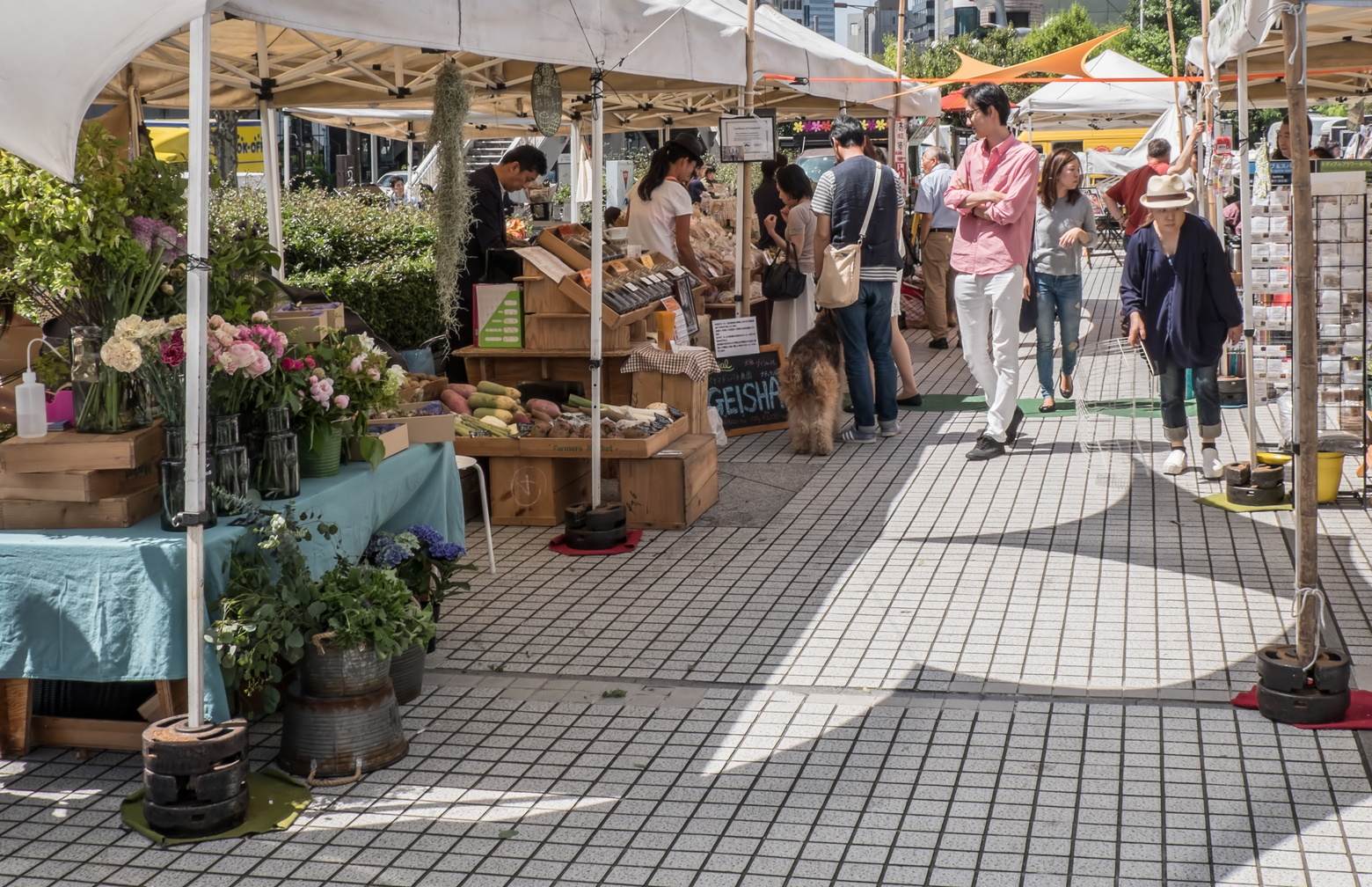
While Japan’s seasonality has become kind of a joke to some members of the foreign community, getting into the rhythm of it can really improve your experience living in the country. Over your time here, you’ll pick up on certain associations made between seasons and almost every aspect of the Japanese lifestyle. And yes, we’re counting this one as a skill because it’s just that important.
Winter, for example, is associated with romance. Christmas is actually a holiday for couples and not a time to gather with your family around a turkey ready to be carved. Spring is not only the end of cold weather but also a season for starting fresh. Japanese cuisine is tied to the seasons and the availability of produce. Not only is it more budget-friendly to shop seasonal veggies, but every season is also a unique time to try limited-edition dishes, either at a restaurant or at home. All these elements that are so ingrained in Japanese culture are important and will help you navigate the culture better throughout the year.
3. Home Decorating With Multifunctional Furniture
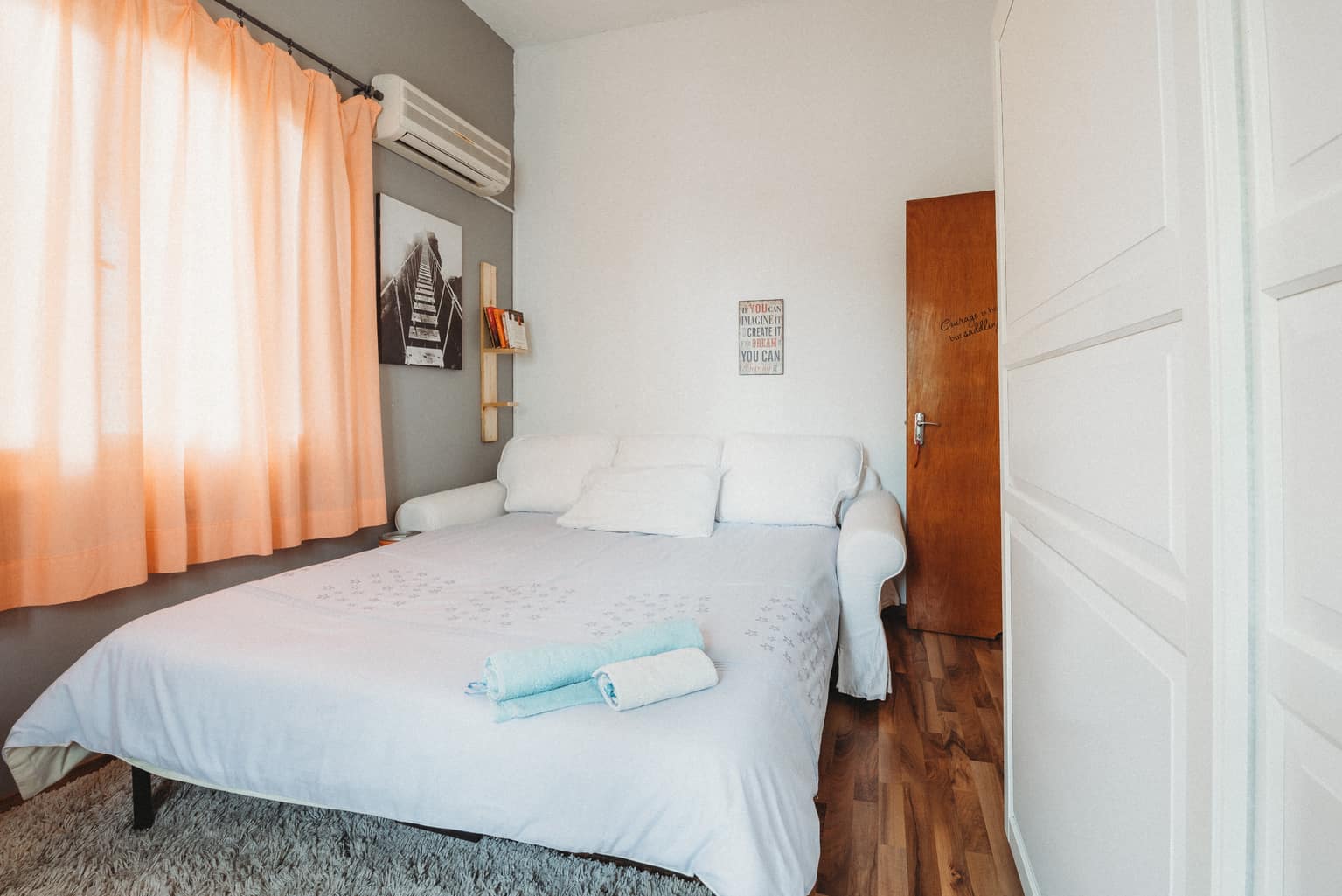
Not so much a skill than a habit, but it takes a certain amount of training. Tiny spaces are the rage in North America but they are standard in Tokyo. Coming from a country with wide open spaces can be a hard transition, especially when it comes to furnishing your apartment. You’ll be tempted to buy a bed, a couch and a kitchen table but the truth is that all three might not fit in your Tokyo apartment. The trick, besides keeping your house uncluttered, is to invest not only in functional pieces but multifunctional ones. Better yet, train yourself to look at a piece of furniture beyond its intended purpose.
If you live alone and in a single room, think about your basic needs that would first and foremost improve your QOL. Perhaps you want to look for a kitchen trolley that doubles as a breakfast bar or a couch that folds out to be your bed at night. You might not really care about the couch, and go all out for a bed, and that’s OK too. Think about what you want to do in your apartment and how you can achieve that while also allowing some space to breathe and move around. Make it comfortable for yourself!
4. Learn to Alter Your Clothes
https://www.youtube.com/watch?v=d_WrfNIF1mg
Basic sewing skills are always good to have in your repertoire. Many foreign residents have found themselves stranded for clothes in a country that unfortunately still designs and fits for a very specific type of frame. While “free-seize” clothing might fit you, you might think that it’s not exactly hitting you in the right places. It’s tempting to switch to online shopping, but save yourself the shipping costs and consider learning how to alter your clothes.
Some more international chains like Muji or Uniqlo already carry a wider range of sizes and some locations even offer to do alterations for free, which is useful if you’re buying some jeans you need to be shortened. While that’s great, those who are particularly tall or have a heavier bust will have a hard time shopping in Tokyo’s more trendy stores. Luckily, though, a lot of Tokyo fashion embraces a more oversized fit, which means there’s more room to play when altering it to fit your own body, whether you prefer the waist at a certain spot or prefer a little extra fabric in the shoulders.
If the idea of buying a new piece of clothing only to end up altering it doesn’t sit well with you, turn to thrift shops for your next shopping spree. Not only are you more likely to find something closer to your size, but you can also find some amazing gems that are unlike anything on the market. The video above is from video creator Joanne Mae and has some great flipping ideas for your next thrift trip.
5. Perfect Reverse Parking
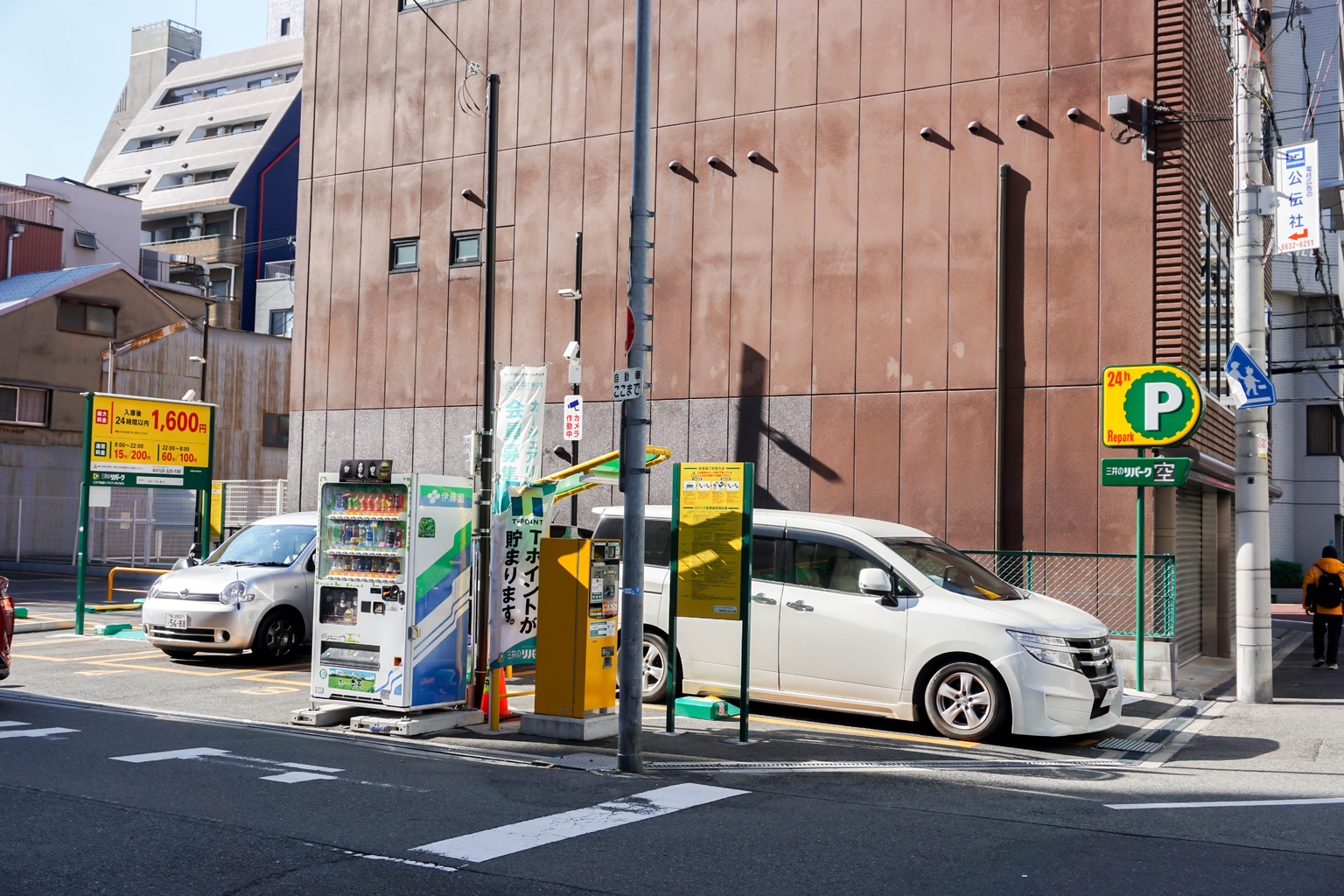
Whether you’ve decided to sign up for driving school or are transferring your license, you won’t regret it. In addition to already tricky components that come with driving, perfecting reverse parking is especially useful if only in coin parking lots. It’s not necessary to park with the front of the car facing outward but the mechanics were designers to make your exit easier and quicker and thus most drivers will adhere to that.
It’s definitely not necessary to have a car in Tokyo, but a license can come in handy when moving house and furniture shopping. Cars are also really useful if you’re traveling to more rural parts of Japan (road trip, anyone?) where public transportation is limited. All this to say: Reverse parking will get through a lot of situations and perfecting it will avoid any frustrating moments when all you want to do is get out and explore the country.


